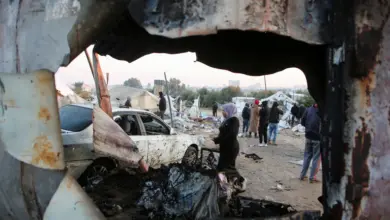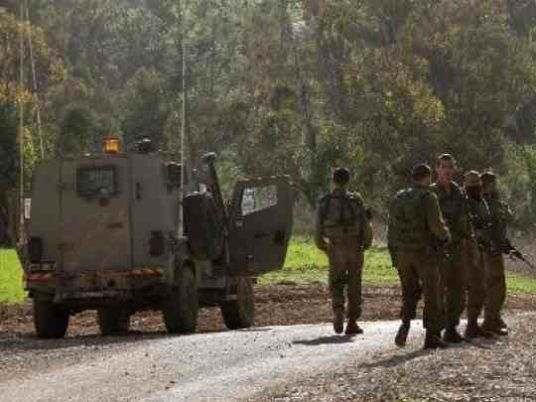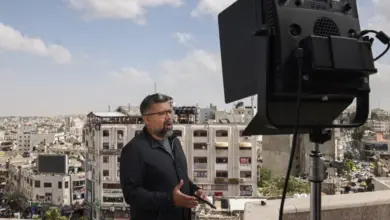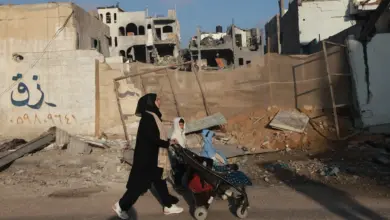
Long-running diplomatic talks aimed at deescalating the war appeared to be on the cusp of producing a ceasefire agreement in recent days, before stalling at a familiar place of disappointment.
Hamas said in a Monday statement that it had told the Qatari prime minister and Egyptian intelligence minister that it had accepted their proposals for a ceasefire-for-hostages deal.
But Israel said the terms of a ceasefire proposal were “far from” meeting its demands, and warned that it would press ahead with a military operation in Rafah. Nonetheless, it sent negotiators to talk to mediators.
Here’s what we know and where we stand.
- ‘Sustainable calm’: The proposed agreement mediated by Qatar and Egypt that Hamas said it would accept starts with the release of 33 Israeli hostages and hundreds of Palestinian prisoners over 42 days and ends with the rebuilding of Gaza amid “a period of sustainable calm,” according to a document shared with CNN by a source in the region familiar with negotiations.
- Why Israel said no: A senior Israeli and a senior US official said that Hamas had agreed to a framework proposal, which diverges from the one Israel had helped craft with Egypt. The latest proposal calls for an end to the war, which Israeli Prime Minister Benjamin Netanyahu has previously said he will not accept, the US official said.
- What Hamas wants: According to a press release, Hamas said it would not back down from its demands in the latest proposal, which include a “ceasefire, complete withdrawal, dignified exchange, reconstruction, and lifting of the blockade.”
- Key sticking points: The toughest part in negotiations has been the question of a permanent ceasefire and the ways to address the issue in an agreement, one of the sources familiar with the discussions said.
- More talks on Tuesday: The Qatari delegation mediating discussions is in Cairo to continue indirect negotiations between Israel and Hamas, after Hamas sent a response to mediators involved in the ceasefire proposal. Qatar’s foreign affairs ministry spokesperson, Majed bin Mohammed Al-Ansari, said the response “can be described as positive.”
- Political pressure: Some Palestinians celebrated in the streets of Gaza after Hamas said it had approved the deal, while in Tel Aviv, some families of hostages and their supporters implored Israel’s leaders to accept it.
- Israeli protests: Demonstrators marched down Tel Aviv’s Ayalon Highway on Monday night to demand a deal. “Now is the time to demand from the negotiation team and all international partners — do not return without a signed deal!” the Hostages Families Forum said in a statement.




